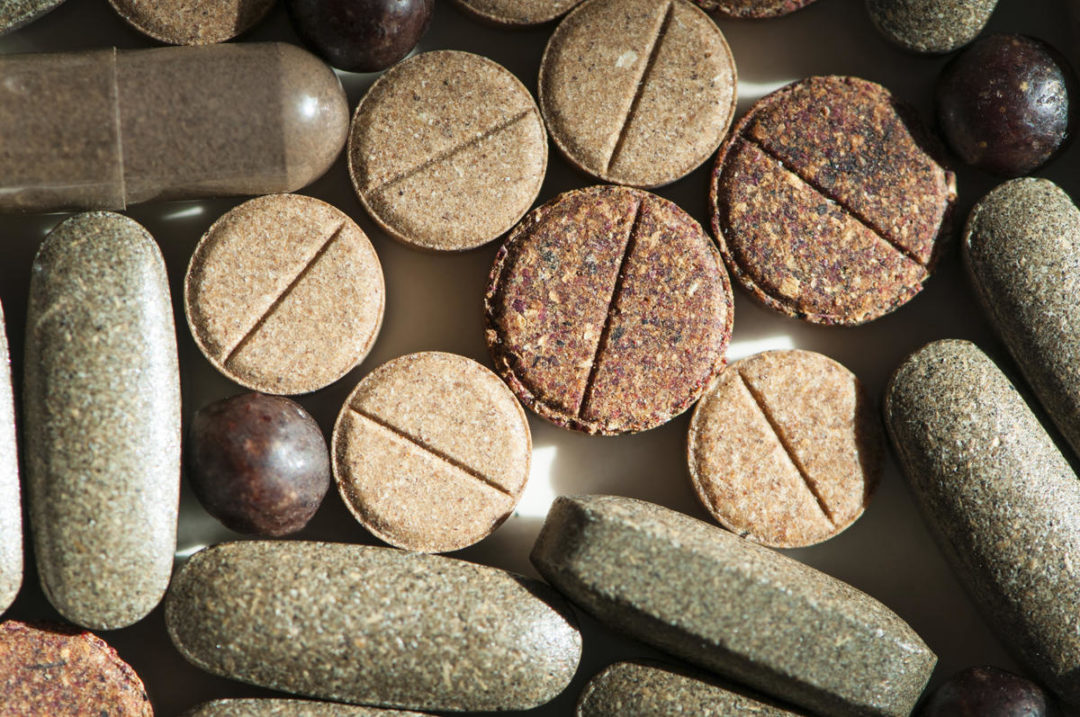Philadelphia, PA—A new study published in Hepatology shows a heavy increase in liver injury from dietary and herbal supplements, going from 7% to 20% over a 10-year period.
This study was performed by the Drug-Induced Liver Injury Network (DILIN), a group established in 2003 to track cases of liver injury caused by medications. Lead study author Victor Navarro, Ph.D., from the Einstein Center, remarks, “government regulations require less safety evidence to market products than what is required for conventional pharmaceuticals...with less stringent oversight for herbals and dietary supplements, there is greater potential for harmful consequences including life-threatening conditions.” DILIN was originally established as a response to the lack of research in this area.
This study examined hepatotoxicity due to supplements in comparison to medications, enrolling 839 patients with non-acetaminophen-related liver injury from eight U.S. DILIN referral centers between 2004 and 2013. By the end of the study, 130 liver injury cases were attributed to herbal and dietary supplements. The breakdown of all liver injuries in 2013 was 709 from medications, 45 from bodybuilding supplements and 85 from non-bodybuilding supplements.
No fatalities or liver transplantations occurred due to bodybuilding supplements, which were primarily taken by young men in this group, though prolonged jaundice (median 91 days) was recorded. Death or liver transplantation occurred more frequently among injury cases from non-bodybuilding supplements at 13%, than from conventional medications, at only 3%. The researchers also noted that liver injury from non-bodybuilding supplements was more common in middle-aged women.
While these results may seem to present a clear statement, Navarro is quick to remind us that “our study group is specific to DILIN centers and therefore we cannot conclude that liver injury due to herbals and dietary supplements in on the rise in the U.S.” Further population-based studies on liver injury from herbal products and dietary supplements are needed, but all the study authors recommend that supplement producers, government agencies, healthcare providers and consumers work together to improve safety.
Duffy MacKay, N.D., senior vice president, scientific and regulatory affairs at the Council for Responsible Nutrition, commended the researchers on looking into the important issue of liver injury, but felt that the findings do not warrant any blanket warnings about supplements or supplement regulations. He says that while the cases of liver injury are tragic, they do not point to any specific patterns of concern. He reminds us that “dietary supplement regulation includes a serious adverse event reporting system that would help identify patterns were they to exist.”
MacKay adds, “Questions also remain about whether the serious results were idiosyncratic, related to adulterated products (which are illegal), associated with taking the product off-label, or some other confounding factor.”
Industry and all stakeholders should take note of the study findings, nonetheless, he believes. “We’d further suggest on-going dialogue between researchers, industry, regulatory agencies and healthcare practitioners so that should patterns develop, companies could take any necessary steps,” states MacKay.
Published in WholeFoods Magazine, October 2014 (online 9/5/14)










